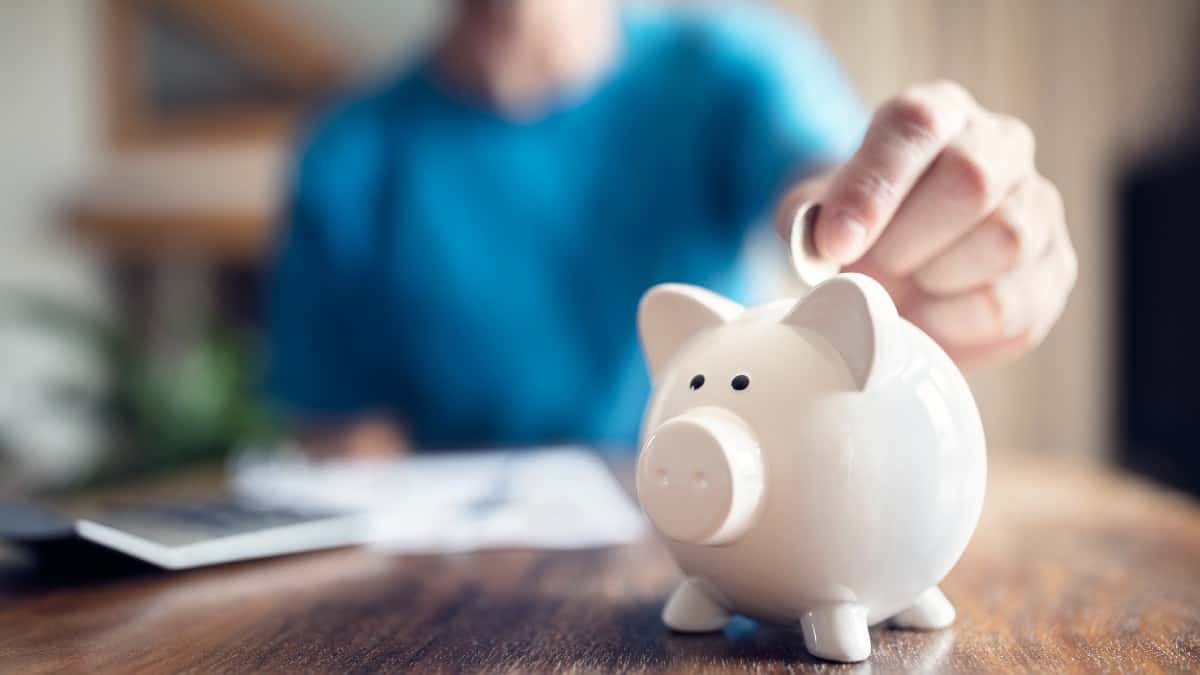Minimalism has gained a large following over the past few years, partly thanks to The Minimalists’ Joshua Fields Millburn and Ryan Nicodemus and their popular documentaries and podcast. While minimalism often brings up images of living in a sparse house with few possessions, the movement has grown to mean a lot more.
[top_pitch]
For me, minimalism started with a journey into decluttering and just owning less stuff. It has since grown into a goal of living a more intentional life and managing my finances better.
Living a meaningful life
Minimalism isn’t necessarily about having fewer things, but instead about only having the ‘right’ things. That means owning things that have a defined purpose and provide meaning to your life. When you embrace minimalism, you no longer buy things because you’re bored – each item you shop for has a purpose and a place in your life.
This has a direct beneficial impact on your finances. The less you shop, the more money you get to keep in your bank account.
Being more intentional with my spending
The shift in my financial thinking started during my decluttering process. I was shocked and disgusted at how many things I owned that had never been used or used once and then dumped in the back of a cupboard. As I was decluttering, I ended up donating, recycling or throwing away a lot of things.
This meant a lot of money wasted – money I could’ve saved, invested or even spent on bigger things I thought I couldn’t afford, like an overseas holiday.
This is where my journey into financial minimalism started.
[middle_pitch]
Everything I now buy serves a purpose
I used to be one of those people who bought several little souvenirs and knick-knacks every time I travelled somewhere. None of those frivolous little purchases meant anything once I was back home. And to be honest, I often resented all the magnets or little trinkets cluttering my fridge or kitchen drawers.
I now bring back ‘souvenirs’ that have an actual purpose in my home. Last summer, I bought a curtain for my small kitchen window at a little flea market in Austria and brought back pizza spices from Italy.
Let’s be honest, you don’t need all that stuff
Like most people, I started my journey into minimalism by getting rid of stuff. This included clothes I had not worn in years and sports equipment bought under the misguided hope I would one day take up cross-country skiing.
Then there were the less obvious, harder to discard items I had paid good money for. A juicer I was using on average, twice a year. A few pieces of exercise equipment I bought before I realised I don’t have the discipline to exercise at home.
I managed to sell a lot of the bigger items when I started decluttering. Last year alone, I made over £2,000 selling unwanted items through apps like Vinted, Depop and Preloved. I saved thousands more by not buying unnecessary stuff anymore.
It’s easier to budget if you have fewer expenses
Part of my decluttering journey included my digital life too. Back in 2020, I used to subscribe to five streaming apps –some of which were ‘accidental subscriptions’ because I forgot to cancel the free trials. I don’t have time to watch that much TV and I don’t even want to. I now only subscribe to Netflix.
The lockdowns also resulted in closures of many of the services I used on a regular basis, including my gym, cinemas and my favourite restaurants. This saved me money in additional ways. I spent less on petrol to drive to places, I didn’t renew my gym membership for one full year (I took the dogs hiking a lot instead) and I cancelled loyalty cards that had an annual service fee.
I also downsized on unexpected things, like bank accounts. Now, I have a single current account and a single savings account (with the same bank). This makes it easier to comply with the account requirements to keep everything free and it’s a lot easier to keep track of my expenses and maintain a budget.
I stopped rewarding myself all the time
We all need a little pick me up sometimes, but that doesn’t mean having to constantly indulge in purchasing things. Minimalism is about maximising the value of what you own, not buying yourself something new every time you feel sad or stressed.
I saved a lot of money this year by not buying things that didn’t make sense in my current life. This included beautiful high-heeled boots that actually hurt my feet and a sophisticated watch that was never going to replace the Fitbit I’ve got used to wearing all the time anyway.
The best thing about starting this journey? Not only do I have more money, but also a lot less stress.
